Bushfires and floods, drought and water shortage and a pandemic that completely changed the way we live, work, travel and socialise: the past 18 months have been quite the experience for Australians.
It might be tempting to draw a line under such a traumatic period and vow never to look back. But before we do that, there’s an uncomfortable truth we need to confront: We are rushing towards a future where convulsive change is a defining characteristic and more frequent crisis events are expected. If we want to be ready to meet that future with intelligence, resilience and confidence, we need to identify and absorb the lessons of the recent past.
Learning from the past to fuel the future
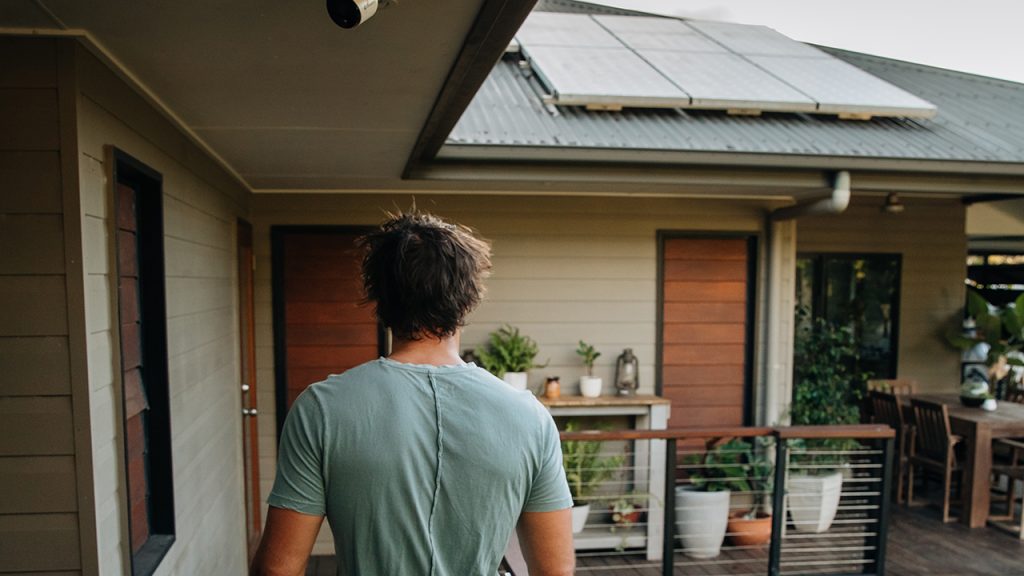
That’s why we’re doing something unusual with our flagship Foresighting Forum this year. We’re looking back (so that as a sector we can better look forward).
The Foresighting Forum is Energy Consumers Australia’s annual event that brings together key energy industry leaders to explore how we can collaboratively ensure that the interests of Australian households and small businesses are placed at the centre of the energy transition. It draws on our experience as a connector and coalition builder in the energy system, assembling many of the leaders and progressive thinkers from across that system for discussion, debate and generative thinking.
The theme for this year is: Framing the future by learning from the shocks of 2020. Due to the impact of the pandemic, the Forum — usually held as an in-person event each February — has been recast as an online series of three linked webinars.
These webinars will address three key aspects of the energy transformation, how they’ve been impacted by catastrophic events in 2020 and 2021 and what the future implications of that disruption might be.
- 1. Social Practice and Consumer Behaviour
- 2. System Resilience
- 3. System Design.
CLICK HERE TO REGISTER FOR ALL THREE EVENTS OR FOR THE EVENT THAT INTERESTS YOU
Why we chose this theme
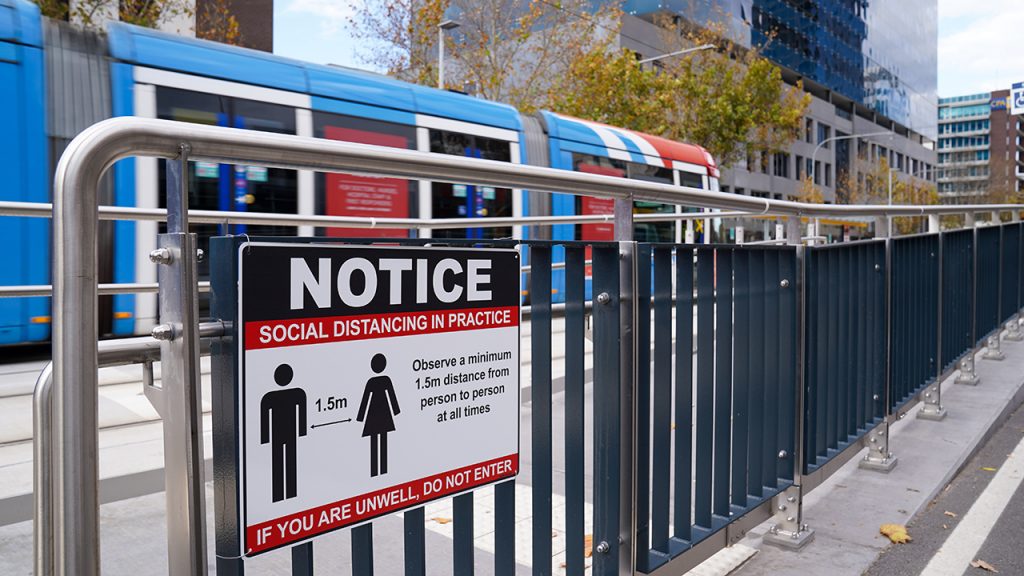
Did you notice a change in your bills when you were suddenly forced to work from home? Did you struggle with something as critical as charging your phone when power lines were damaged by bushfires? The various crises of 2020 and 2021 have shown us in a myriad of ways how essential energy is to our everyday lives.
Energy is also a facet of our lives that is undergoing rapid transition. Old ways of doing things are being superseded, as changes in technology and behaviour — as well as the threat of changing climate — drive the transformation of an entire system.
We are moving rapidly from a carbon intensive energy system to one that is net zero but also from a centralised grid, where electricity is generated by large power stations connected to homes and businesses by vast transmission infrastructure, to a more distributed, decentralised version, where electricity is also generated, stored and shared by individuals and smaller, networked communities.
The shocks of the past 18 months serve as a microcosm of this transition and can teach us some very valuable lessons. This year’s Foresighting Forum will create a space for system participants to discuss how we might collectively use those learnings to drive towards a future in which consumers are central to decision making, energy is affordable and system security and reliability are delivered.
The Webinars
Webinar One: Social Practice and Consumer Behaviour
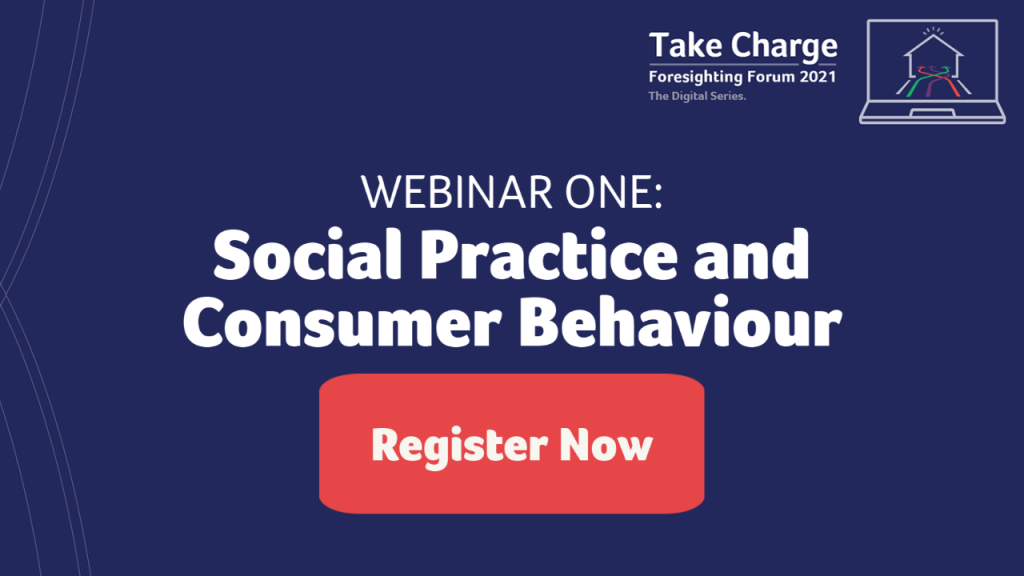
This webinar will explore how the past 18 months has shown consumers and their practices to be the most important drivers of change. It is the way that people live their lives that determines the shape of demand profiles on any given day and when the daily habits of households and small businesses shift, as they have during the COVID-19 pandemic, the system must be able to anticipate and accommodate them. We want to focus those who are involved with planning, policy and rule-making for the future system on ensuring the full diversity of Australians’ current and emerging energy behaviour is catered for – both in relation to using and generating electricity.
To create a future energy system that meets those needs safely, securely, reliably and at the lowest possible cost requires deep understanding of how consumers will use, produce, store and share electricity, now and into the future.
Why you should join us:
We will reveal the essential emerging consumer trends that leaders in the sector need to be aware of to forecast and plan for the energy transition. What developments in how everyday Australians think about and use energy have implications for the future system? How do the ways consumers imagine their future energy use differ from some of the common industry assumptions that we see? And how can we work together to make sure we better understand changing social practices and make space for genuine engagement with consumers?
We want key decision makers to understand that system flexibility, security and fitness for purpose are not primarily about technical or regulatory responses – they are about people and their social practices. It is inherently risky to make assumptions about what consumers need or how they will behave in the future unless you engage deeply to examine real-life experience and understand the drivers underlying certain behaviours across a variety of conditions. How do we integrate this kind of work into our plan for the transition?
Webinar Two: System Resilience
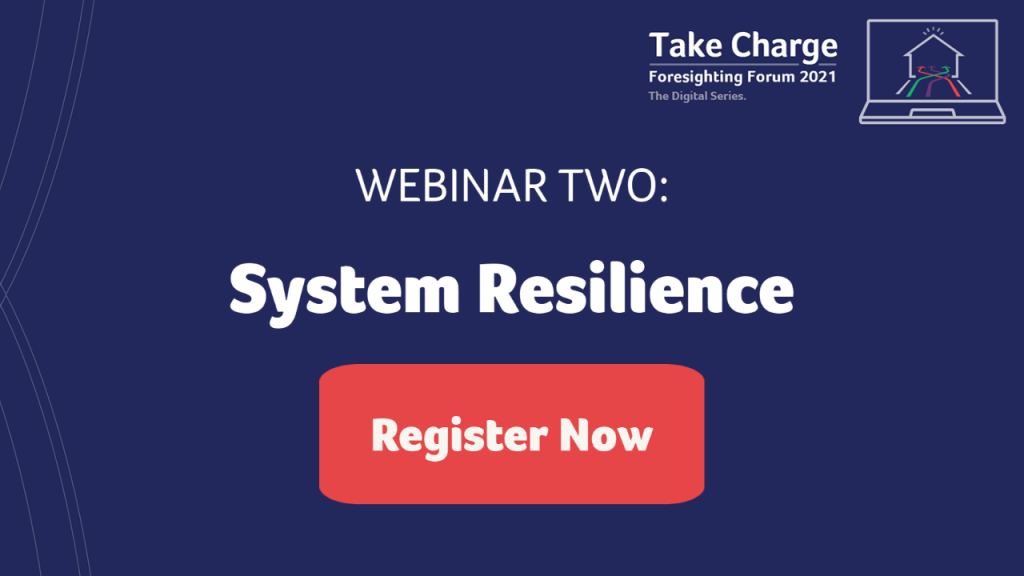
Our second webinar will explore how empowered communities and citizens at a local level are critical for surviving and recovering from shocks and crisis events and moving towards a more resilient future. We will use new research that we conducted in East Gippsland over the course of a year after the catastrophic bushfires of 2019/20 as the basis for a discussion around how we can and we should better serve communities and respond to their needs, in times of crisis, recovery and beyond as part of a resilient future system.
Resilience experts speak of the need to “build back better” rather than simply replacing what was in place before a destructive event occurred. This involves a smarter approach to infrastructure but also things that are more intangible: community connection, understanding the needs and aspirations of local people and the things they need to live their lives. It also involves a level of ongoing planning and engagement from energy system participants so that best-practice responses can be deployed when crisis events suddenly occur.
Why you should join us:
Attendees will be exposed to a generative discussion around the importance of moving beyond emergency response and recovery based on hardening infrastructure and towards a model of resilience that is more about resilient communities and resilient people. How can different system participants provide tools, support and engagement that positions them well to deliver better experiences for people and communities during times of unfolding crisis, knowing that extreme weather events are likely to play an increasing role going forward? When can this be integrated into the plan for the future energy system?
Webinar Three: System Resilience
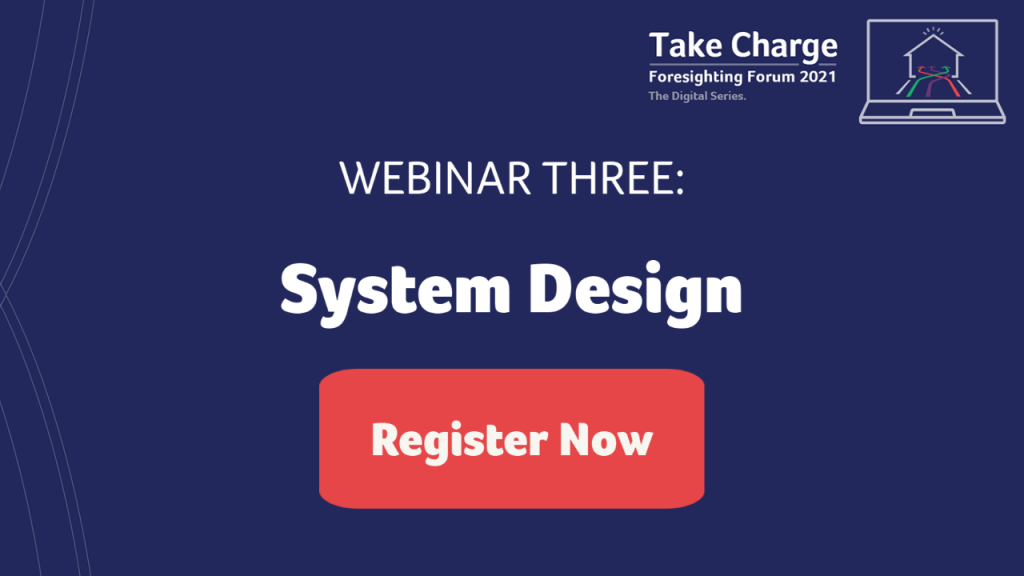
Covid-19 highlighted the limits of our ability to see the fullness of the future from current vantage points and via ‘business as usual’ processes. As a society we had lost our preparedness for a global pandemic because we could no longer imagine one happening. Then it did. The current situation with our energy transition contains striking similarities.
This webinar will explore how we, as collaborative and future-focused system leaders, can position ourselves to envision and co-create the whole-of-system change consumers want and need. Creating change at a system level is hard and requires the ability to see the totality of the thing you are working towards – the desired future state – and agree on a shared vision for its transformation.
If we can find new ways to imagine the system the rewards will be significant, allowing us to move from relying on investment in long-lived generation, network and storage assets to a future system where we unlock flexibility at scale by rewarding when and how consumers use, generate and store energy at a local level.
At present, the way our energy system is set up makes this extremely difficult. As the Energy Security Board prepares to wind down Australia has market bodies responsible for rule framing and rule enforcement, system and network operation and maintenance. It has an Integrated Systems Plan that makes medium term assessments of what infrastructure will be needed and where.
No single actor in the current system possesses all the tools, information or capability to see and address the whole of the system and the whole of the challenge. New and radical forms of collaboration will be needed to move beyond the necessary and important, but ultimately insufficient, work of incremental improvement.
What structural, attitudinal or other changes might help us collectively increase our ambitions for the future system and meet the challenge of being imagining, visualizing and working towards towards a preferred future?
Why you should join us:
This will be the start of a much-needed conversation. How can we push the limits of our current system to allow more radical foresighting? How can we create processes, forums and even new actors who can see the whole of the necessary change and catalyse others in that direction? How can we work across jurisdictions, organisations, roles and responsibilities to think more ambitiously — changing our ideas about what is possible and breaking the shackles of convention to deliver something better?


